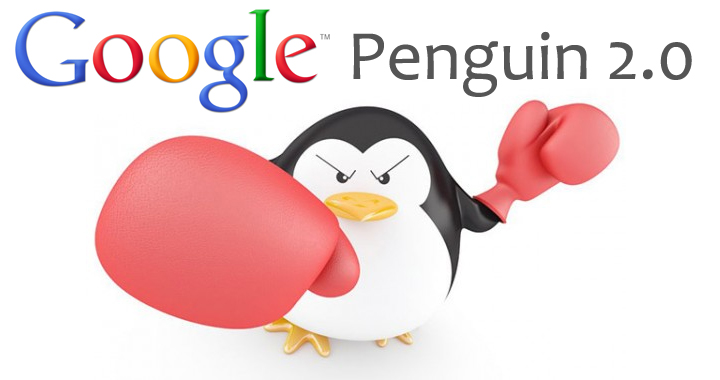May 2013 was another month of change for the SEO fraternity around the world, with Google’s much anticipated Penguin 2 algorithm update rolling in. What impact has Penguin 2 had on an already beleaguered SEO industry, subject to continual change and uncertainty?
Key thrust of Penguin 2
First of all what conclusions can we draw about Penguin 2, now that we are a few weeks on?
Well in short, there really seems to be nothing new here, just more of the same:-
– Continued negation of spam links/ automation link services – good
– Continued focus on the web user-experience and having sharable/ unique & useful web content – good
– Greater policing of the web wildcats i.e. payday loans, porn, gaming – also good
See Matt Cutts video – talking about Penguin Updates: http://www.youtube.com/watch?v=nNbWw2OUUAc ..this is all good no?
Is Penguin 2 Good or Bad for SEO’ers?
As someone who has worked in the SEO space for over a decade, the cause for concern for me, is not so much the nature and thrust of the changes, it is the frequency of the updates, and the uncertainty that this creates for Companies/ web site owners in general.
Of course the knee-jerk reaction can be ‘why bother with SEO, when another set of potentially damaging changes are just around the corner’. This is totally understandable. The goal posts are moving constantly (far more rapidly than other marketing channels), which is bound to put some people off investing in this channel.
Cynically speaking, will these changes drive more custom to the more rock-steady pastures of pay per click?
I for one don’t believe the end-game here is a cynical plot on behalf of Google to drive ad revenues and destroy the SEO industry over time. I think there is a genuine desire (and need) to improve the quality of sites ranking highly on related search terms. Google and web users have a vested interest in this happening.
The frequency of updates is a cause for concern within the SEO world, and how Brands/ Site owners will react. I believe there is also now a pronounced air of confusion within the SEO world and outside, as to what makes a successful, and importantly a sustainable SEO strategy now.
Post Penguin SEO Pointers
How should SEO’ers respond to recent changes? Good, long-term, sustainable SEO practices remain unchanged in my view – SEO’ers need to direct / guide the creation of compelling, engaging content, likely to create inbound linking and user engagement, as opposed to artificially boosting links through tired and ineffectual sources.
Implications for link building
Is link building a thing of the past? I don’t believe so, but it must change, and those ‘on the money’ will have already changed their strategies some time ago, to develop great content likely to promote user engagement, and to increase ‘shares’, ‘likes’ and links.
There is still scope for some proactive link building, to pursue good quality links, on good authority sites, containing related and complementary content.
Anything remotely automated is clearly a ‘no no’ and has been for a while, but does that include PR newswires? The one last-bastion of paid link building that still actually works? The Jury is out and time will tell.
These tactics I believe will be the main stays, alongside increased focus on site performance, speed, and index-ability.
One of the big outputs here for the SEO world I believe is setting expectations, SEO is not a quick-win, and this is even more true now, post Penguin. Success will rely on developing good, unique, interesting content, and developing shareable content, over time, that people/ sites will link to, naturally.
This is good news to ethical SEO’ers, bad news for the quick-win merchants, link-builders for out and out SEO purposes. Black days for back hat (good).
About the author of this blog:
Scott Muir is MD of Regroup Media – and has worked in the SEO industry for over a decade.

